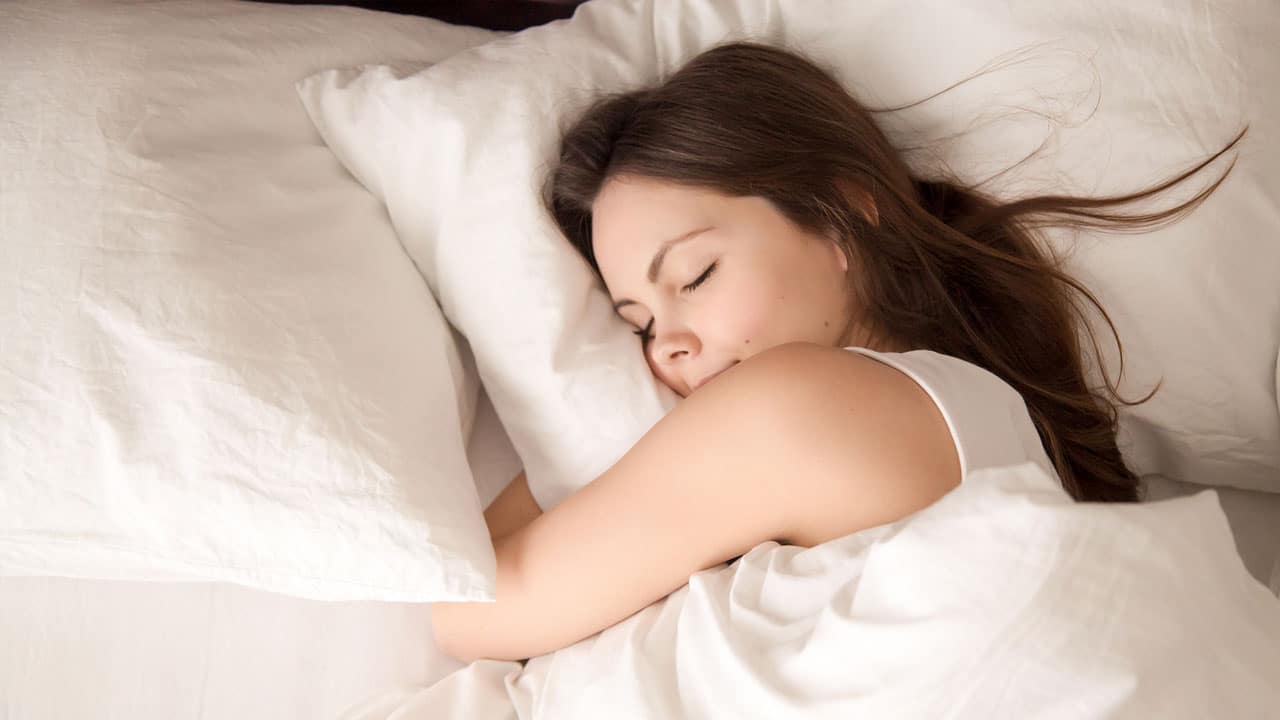
Nighttime bruxism, or teeth grinding, can be quite damaging to your oral health. It can cause any number of issues from tooth decay to broken or loose teeth! Unfortunately, it can be very difficult to know if you even suffer from this ailment since it primarily occurs during your sleep. To find out if you might be one of the 8% of adults that suffers from nighttime bruxism, take this fast and easy quiz!
1. Is it painful to eat hot or cold foods/beverages?
If so, this could be a sign that you suffer from nighttime bruxism. When you grind your teeth, you wear away the outer, protective layer of your teeth known as your dental enamel. Once this layer is worn down, it exposes the layer beneath known as the dentin layer, which is comprised of numerous microscopic tunnels that provide direct access to the nerve within your tooth. This makes the nerve hypersensitive to any outside stimuli such as hot soup or cold water, which can be quite painful!
2. Do you wake up with jaw pain?
If you wake up with pain or tightness in your jaw muscles, or if you ever have a locked jaw, this could be a direct result of nighttime bruxism. Your jaw experiences a lot of pressure throughout the night when you grind your teeth in your sleep. This could leave your jaw muscles feeling weak or painful when you wake up in the morning.
3. Have you noticed any damage to your tongue and cheeks?
Grinding your teeth does not just impact your teeth and jaw, it can impact your soft tissues as well! If you notice any scarring, abrasions, or indentations to your tongue or the insides of your cheeks, then it is possible you’ve unknowingly damaged them in your sleep.
4. Is there any unexplained damage to your teeth?
While your dentist is the most likely person to notice any damage to your teeth, it is possible you might find that your teeth have become flattened or worn down. Nighttime bruxism might even cause you to fracture, chip, or loosen your teeth if it is left untreated!
5. Has anyone complained of you making grinding or clenching sounds during the night?
One of the most common ways that people discover they have nighttime bruxism is through a partner or family member. Others may notice that your mouth is emitting a harsh scraping or squeaking sound throughout the night. Whether this occurs during periods of stress or happens quite regularly, it is important to address this symptom with your dentist as soon as possible.
If you’ve replied yes to one or more of the above questions, there is a possibility that you suffer from nighttime bruxism. The one surefire way to receive a diagnosis, however, is to speak with your dentist. To schedule your next appointment, contact Anew Dental & Orthodontics in Plainfield today!